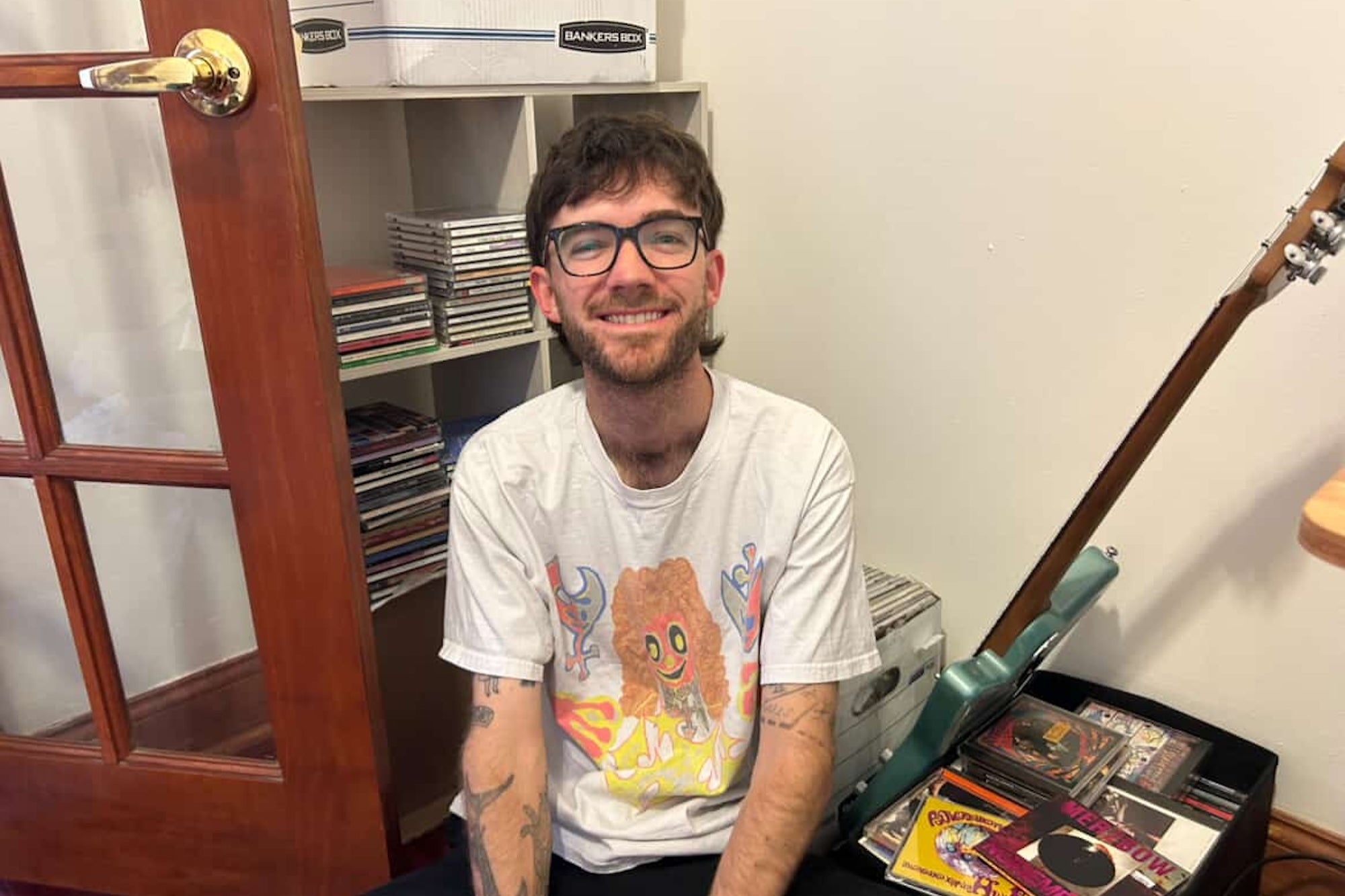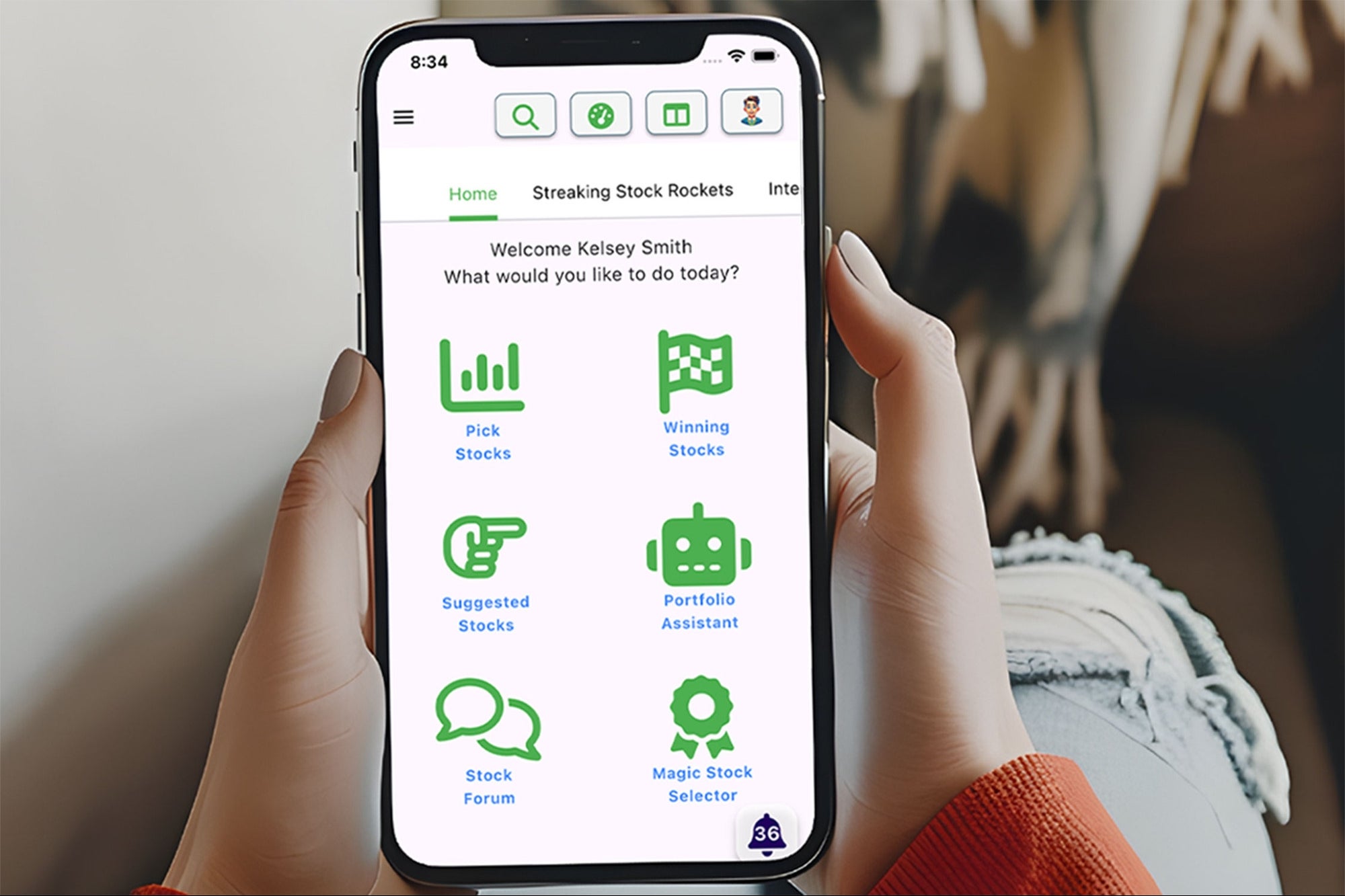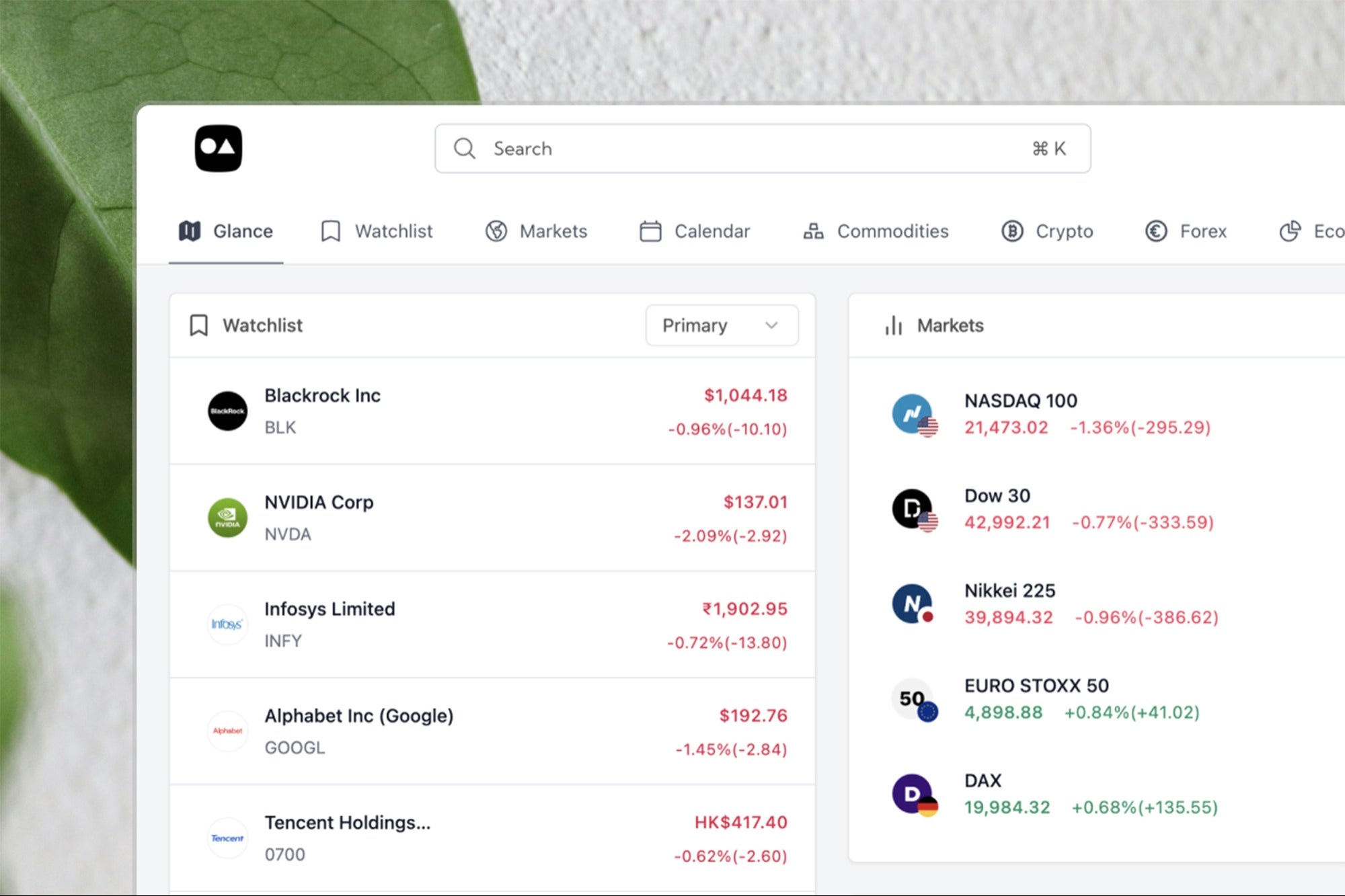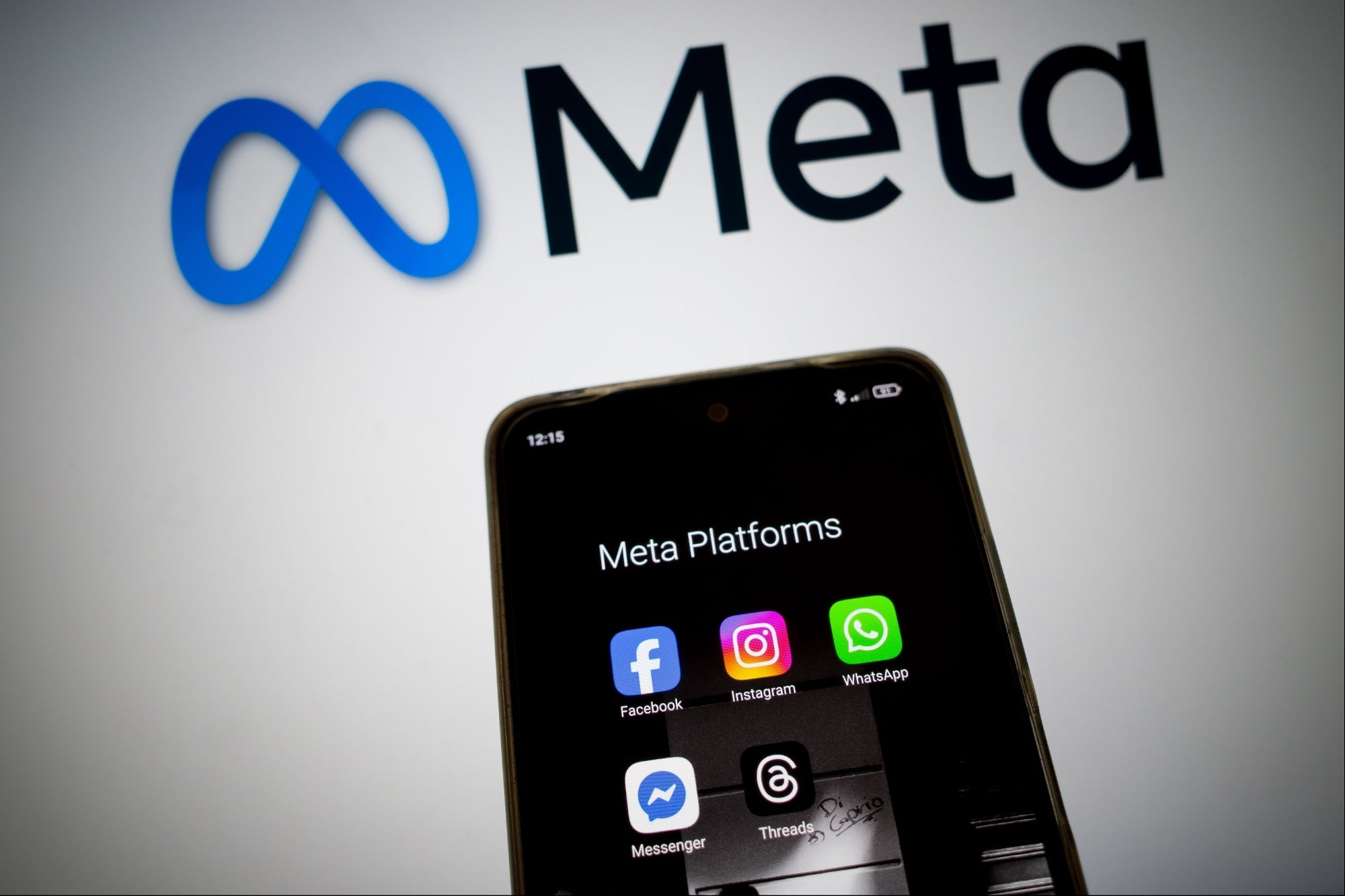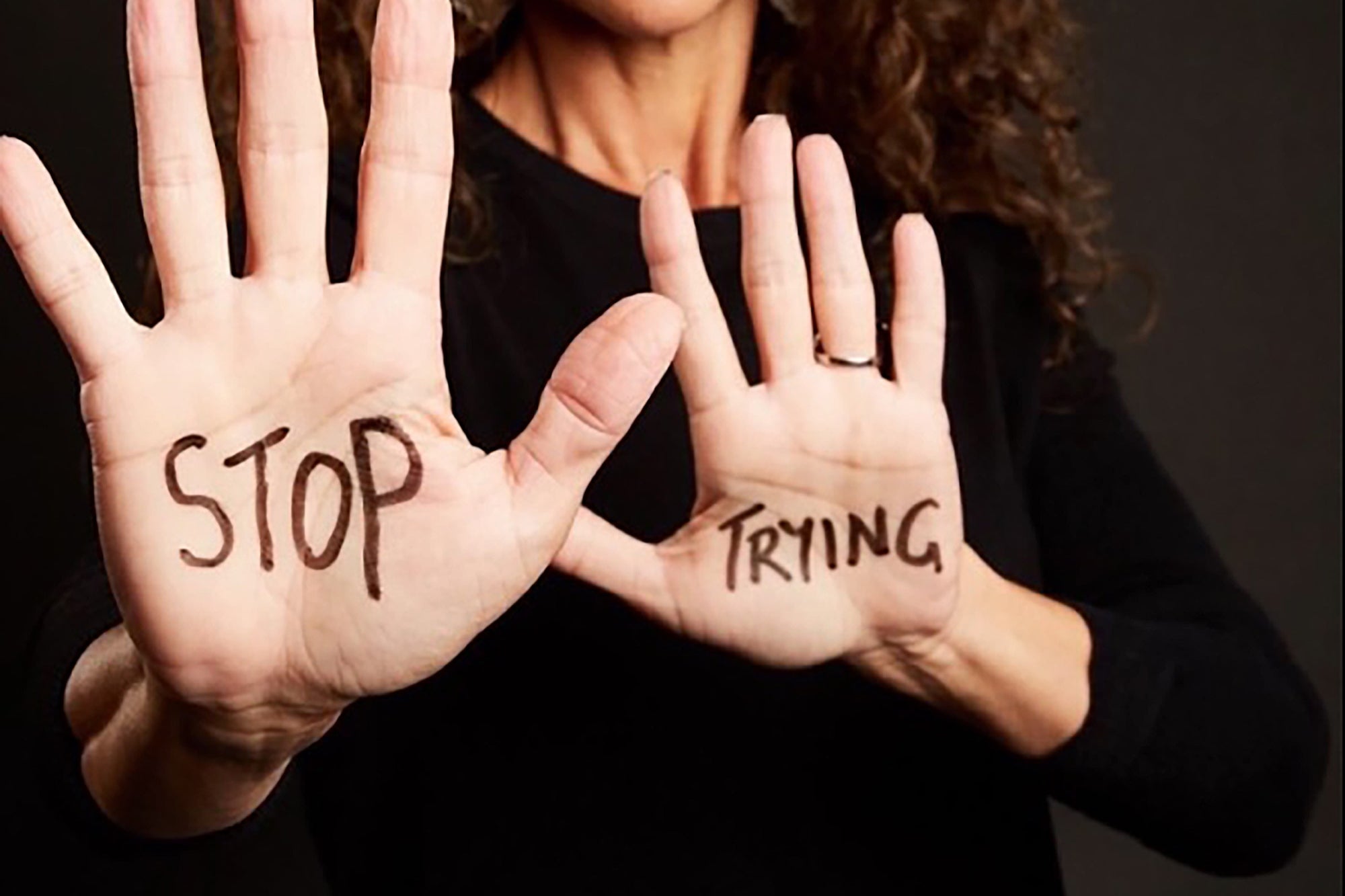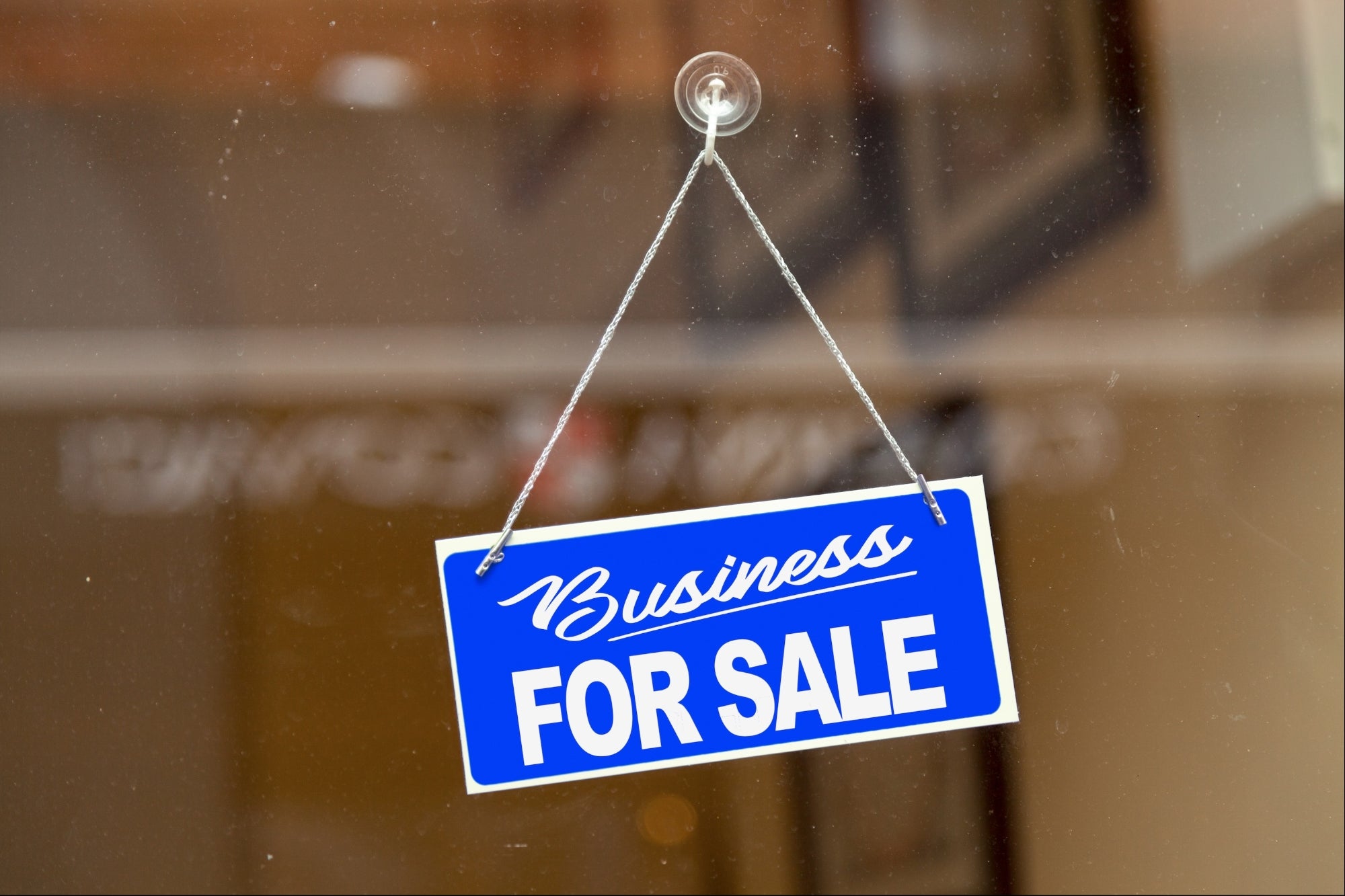Opinions expressed by Entrepreneur contributors are their own.
Dissonant is a CD-sharing service founded by Hunter White, a 24-year-old data engineer who lives in New York. White is better known as wahwah.music, a music influencer who boasts more than 12,500 followers across Instagram and TikTok. Since Dissonant’s beta launched last October, White has personally been recommending and shipping CDs to music aficionados across the country for less than $15 a piece, complete with stickers and handwritten notes.
White hopes to return to a more personal and tactile avenue of music sharing, a trend that is being seen across other types of physical media, from DVDs to film photography. Here’s what he has to say about launching and growing his business, and the gap he’s hoping it fills. Responses have been edited for length and clarity.
What was the process of founding and creating Dissonant and finding a user base?
I’ve always had ideas for the music sphere. I wanted to create something that would make it better for people. I just wasn’t sure what yet. A big thing that I love to do is go to the record store and buy music, but records are so expensive, so you’re really only going to walk out with the one or two that are your absolute favorites. I feel like there’s something really special about finding an album that just looks cool and being like, “I want to take it home and I don’t know what I’m going to get, but I want to just see, and then maybe I’ll love it, maybe I won’t.” But right now, given how expensive vinyl is, it’s just not feasible. So the whole idea with Dissonant is: what if you could do that and then you didn’t have to worry about the prices? Because if you don’t like it, you can send it back, and then we’ll find a home for it somewhere else.
Related: ‘You Are Somehow a Villain If You Use It’: Tons of Music Producers Are Secretly Using AI, New Study Reveals
What makes physical media important in our age of streaming?
It’s about the connection between the artist and the art and you. And I feel like with Spotify, the artist is so far away because the art is so obscured. You can have your phone in your pocket and you’re shuffling through a playlist — you’ll hear three songs and you don’t even know who the artist is. But the act of actually holding the physical manifestation of the thing you’re listening to in your hand and seeing the artwork, the song titles, there’s a lyric book that you can look through and you don’t have to be on your darn phone the whole time, it’s a much more intentional and connected-to-the-artist experience. If you don’t have a ton of money to expand, you don’t have a choice but to experience music through these streaming services. So the goal is to at least give people an option.
What is Dissonant’s financial model?
I’ve always just kind of been an optimist, so I had it set up to be free. The way it was going to work was that once you got the album, you’d choose if you wanted to keep it, and if so, you’d pay. If you wanted to return it, you wouldn’t pay anything. The problem was that it was too enticing. I made just a few social media posts, and one Reddit post, and the next morning, I had like 70 orders. It’s just kind of hard because I’m packaging all these orders nonstop, and it costs money for me to source the CDs and send the orders, and I was just seeing no money at all.
So we changed it to this model: you pay to order an album, and then if you return it, your next order’s free. So it’s basically the same model, just when you pay is moved to the front instead of behind.
Related: ‘We Do Not Allow Lazy Money to Have Control’: How This Music Company Unlocked Creativity for Its Team Members
Are you putting anything in your pocket from this?
Not really, no. Whenever I do make any bit of money, it goes beyond what I pay back into shipping costs or I go to the record store and buy more cool albums that I think people will like.
Why do you focus on CDs instead of other forms of physical music like vinyl?
CDs were the thing that I’ve gotten into collecting the most, just because you can buy them secondhand very cheaply compared to records. Also, they’re the perfect medium for a project like this in that they’re really lightweight and easy to ship around. In a system where things are getting constantly sent back and forth in the mail, CDs just make by far the most sense, especially since vinyl is so fragile.
Related: Cheap Trick’s Legendary Guitarist Rick Nielsen Invites Fans to Drink — and Invest In — His Award-Winning ROCK’N Vodka
Are you concerned with being able to profit from Dissonant’s success?
I have a job. A lot of people have side projects and hobbies that they do, and to me, that’s kind of what this is. Obviously, if I could do it full-time, I would. But I do think that it’s not worth creating something that is not what I want to do full-time. Because at the end of the day, there are a lot of bougie record clubs out there that send you, like, a wine pairing and a vinyl, and it’s like 50 bucks a month and people eat it up. But that’s not really what I want to make. I’m very passionate about the product that I put out, and I want it to be cheap. I want it to be accessible. And if that means me making no money, I’m more than fine with that.
Dissonant is a CD-sharing service founded by Hunter White, a 24-year-old data engineer who lives in New York. White is better known as wahwah.music, a music influencer who boasts more than 12,500 followers across Instagram and TikTok. Since Dissonant’s beta launched last October, White has personally been recommending and shipping CDs to music aficionados across the country for less than $15 a piece, complete with stickers and handwritten notes.
White hopes to return to a more personal and tactile avenue of music sharing, a trend that is being seen across other types of physical media, from DVDs to film photography. Here’s what he has to say about launching and growing his business, and the gap he’s hoping it fills. Responses have been edited for length and clarity.
What was the process of founding and creating Dissonant and finding a user base?
I’ve always had ideas for the music sphere. I wanted to create something that would make it better for people. I just wasn’t sure what yet. A big thing that I love to do is go to the record store and buy music, but records are so expensive, so you’re really only going to walk out with the one or two that are your absolute favorites. I feel like there’s something really special about finding an album that just looks cool and being like, “I want to take it home and I don’t know what I’m going to get, but I want to just see, and then maybe I’ll love it, maybe I won’t.” But right now, given how expensive vinyl is, it’s just not feasible. So the whole idea with Dissonant is: what if you could do that and then you didn’t have to worry about the prices? Because if you don’t like it, you can send it back, and then we’ll find a home for it somewhere else.
The rest of this article is locked.
Join Entrepreneur+ today for access.

